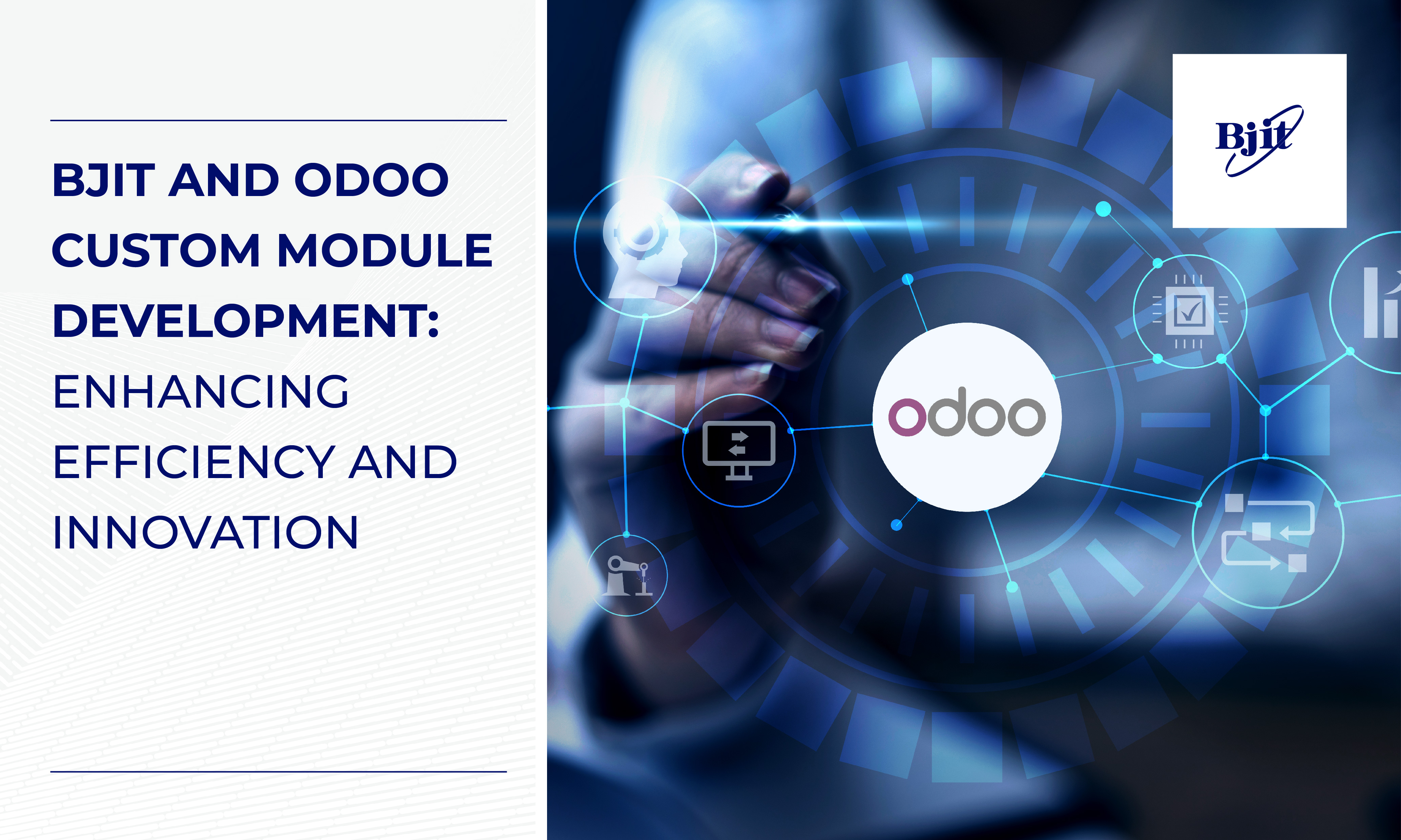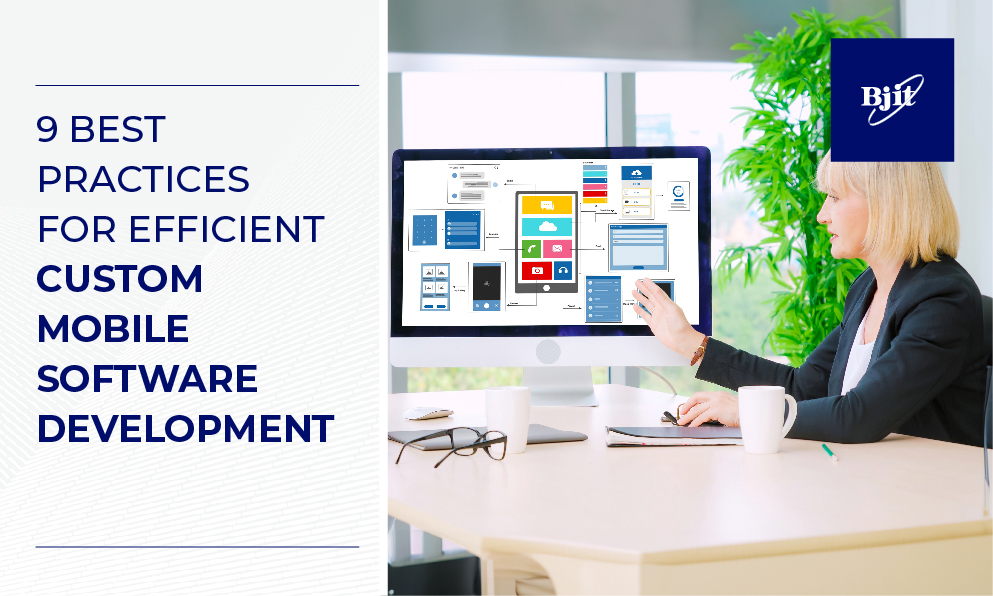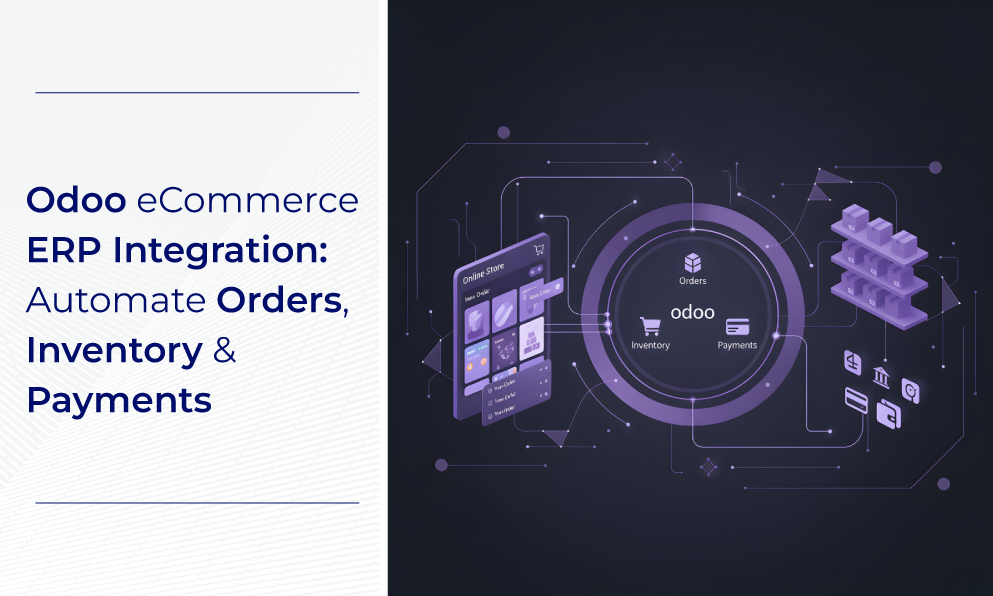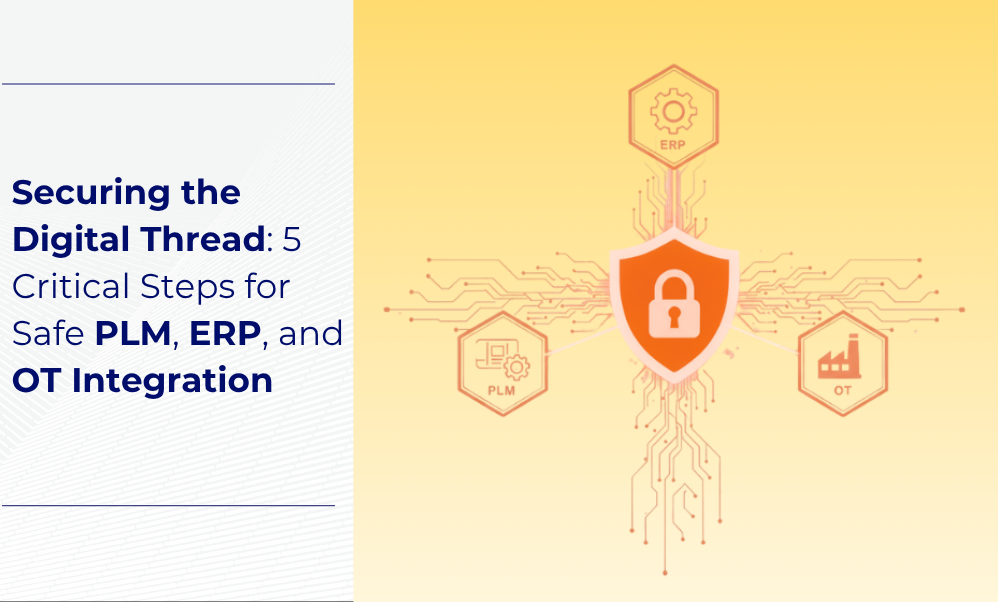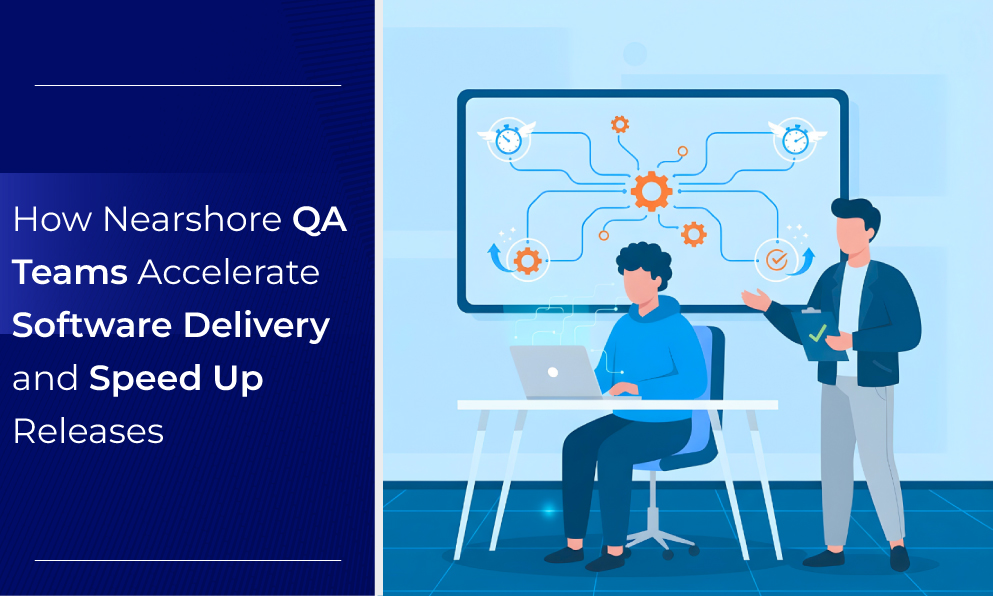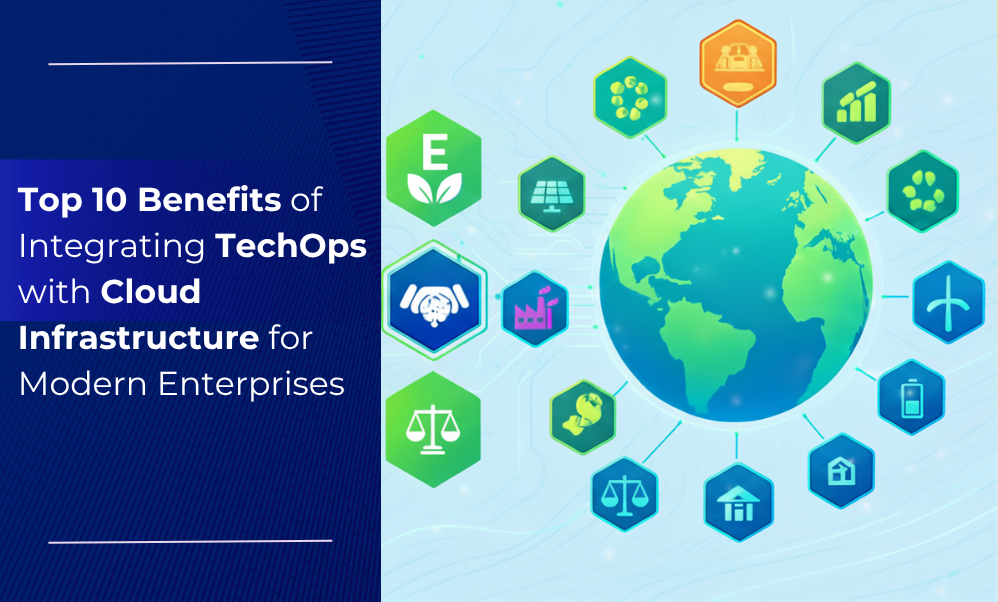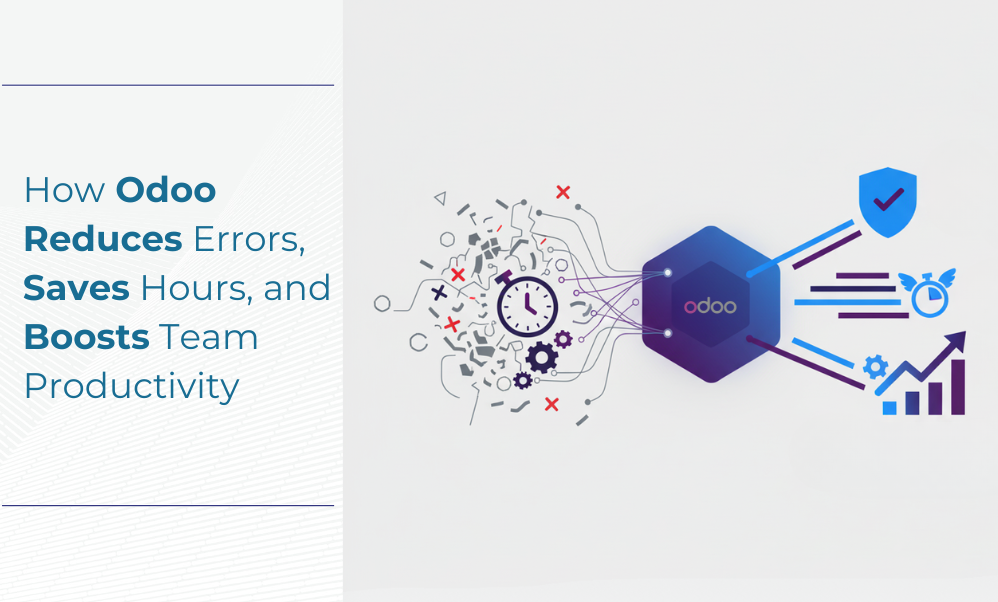Mobile applications have become integral to our daily lives. Whether for communication, entertainment, productivity, or business purposes, mobile apps have revolutionized how we interact with technology.
However, developing a custom mobile app can be complex and challenging, requiring careful planning and execution. To ensure the success of your mobile app project, it's essential to follow best practices that facilitate efficient development and deliver a high-quality product.
9 Best Practices for Efficient Custom Mobile Software Development
Here are nine best practices for efficient custom mobile software development:
1. Comprehensive Planning
Before diving into development, it's crucial to conduct thorough planning to define the project's scope, goals, and requirements. This includes identifying the target audience, analyzing competitors, and outlining the features and functionalities of the app. A well-defined roadmap will help streamline the development process and ensure all stakeholders align with the project objectives.
2. User-Centric Design
User experience (UX) plays a pivotal role in the success of a mobile app. Designing with the end user in mind is essential for creating an intuitive and engaging app that resonates with your target audience. Incorporating user feedback and conducting usability testing throughout the development cycle will help refine the design and optimize the user experience.
3. Agile Methodology
Adopting an agile development approach allows for flexibility and adaptability throughout the project lifecycle. By breaking down the development process into smaller, manageable iterations, teams can quickly respond to changes, incorporate feedback, and deliver incremental updates. This iterative approach promotes collaboration, transparency, and faster time-to-market.
4. Regular Testing
Thorough testing ensures the mobile app's functionality, performance, and security. Implementing automated testing tools and conducting manual testing across various devices and platforms helps identify and address any bugs or issues early in development. Continuous testing throughout development and after deployment ensures a smooth, error-free user experience.
5. Scalability
Designing for scalability ensures that the mobile app can accommodate growth and handle increased user demand over time. This involves adopting scalable architecture, optimizing code performance, and leveraging cloud infrastructure to support dynamic scaling. Planning for scalability from the outset prevents future bottlenecks and ensures a seamless user experience as the app grows.
6. Security Measures
Protecting user data and ensuring the security of the mobile app is paramount. Implementing robust security measures, such as data encryption, secure authentication, and regular security audits, helps mitigate risks and safeguard against potential threats. Prioritizing security throughout the development process instills trust and confidence in users, enhancing the app's reputation and credibility.
7. Cross-Platform Compatibility
With the proliferation of devices and operating systems, ensuring cross-platform compatibility is essential for reaching a broader audience. Utilizing frameworks like React Native or Flutter allows for developing a single codebase that can be deployed across multiple platforms, reducing development time and costs while ensuring a consistent user experience across devices.
8. Continuous Integration and Deployment
Continuous integration and deployment (CI/CD) practice automates the build, testing, and deployment processes, allowing for faster and more frequent releases. This enables teams to deliver new features and updates to users quickly, iterate based on feedback, and maintain a competitive edge in the market. CI/CD pipelines streamline development workflows and promote collaboration between development, QA, and operations teams.
9. Post-Development Support
Even after launching the app, ongoing maintenance and support are essential to ensuring its long-term success. Providing timely updates, addressing user feedback, and monitoring app performance and analytics help identify areas for improvement and keep the app relevant and competitive in the ever-evolving app market.
Conclusion
Efficient custom mobile software development requires careful planning, user-centric design, and adherence to best practices throughout the development lifecycle.
By following these nine best practices, teams can streamline the development process, deliver high-quality mobile apps, and ultimately succeed in the competitive app market.
FAQs
1. Why is comprehensive planning essential for mobile app development?
Comprehensive planning helps define project goals, requirements, and scope, ensuring stakeholder alignment and facilitating a smooth development process.
2. How does agile methodology benefit mobile app development?
Agile methodology promotes flexibility, collaboration, and faster time-to-market by breaking down development into smaller iterations and responding to changes quickly.
3. Why is user-centric design important for mobile apps?
User-centric design ensures an intuitive and engaging user experience, increasing user satisfaction, retention, and app success.
4. What security measures should be implemented in mobile app development?
Security measures such as data encryption, secure authentication, and regular security audits help protect user data and safeguard against potential threats.
5. How can continuous integration and deployment improve mobile app development?
Continuous integration and deployment automate the build, testing, and deployment processes, allowing faster and more frequent releases, iteration, and app maintenance.
